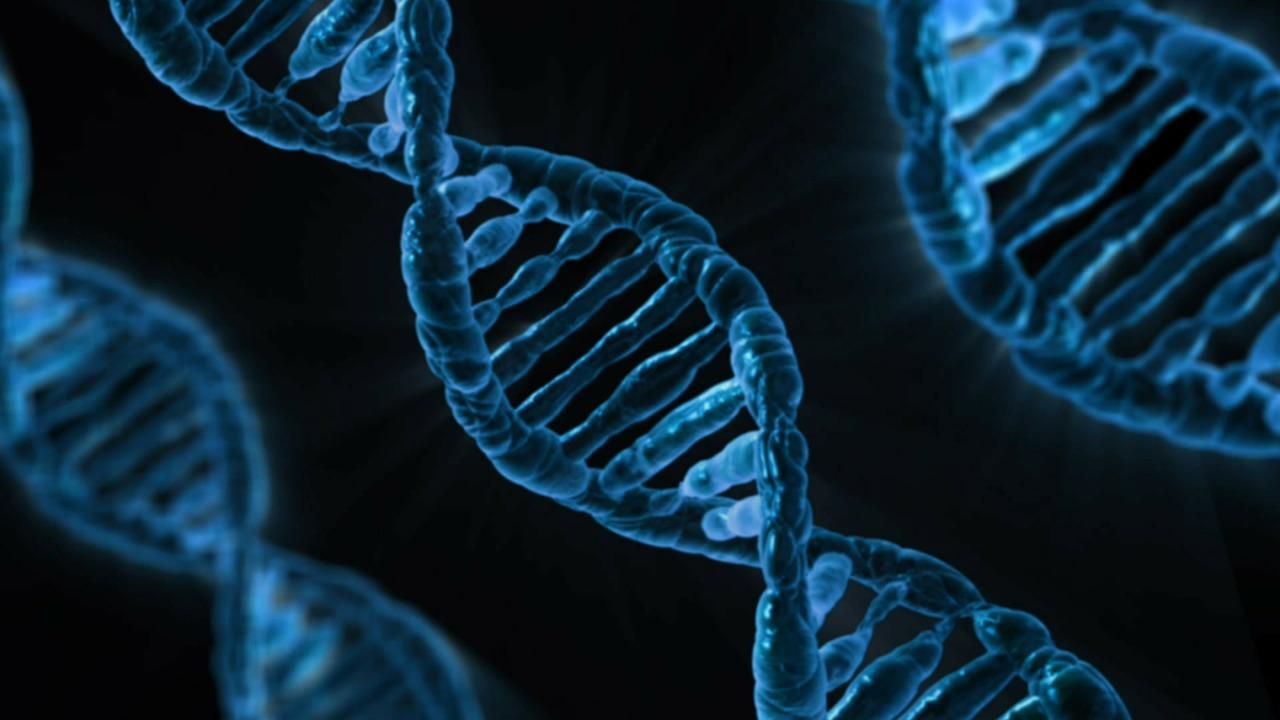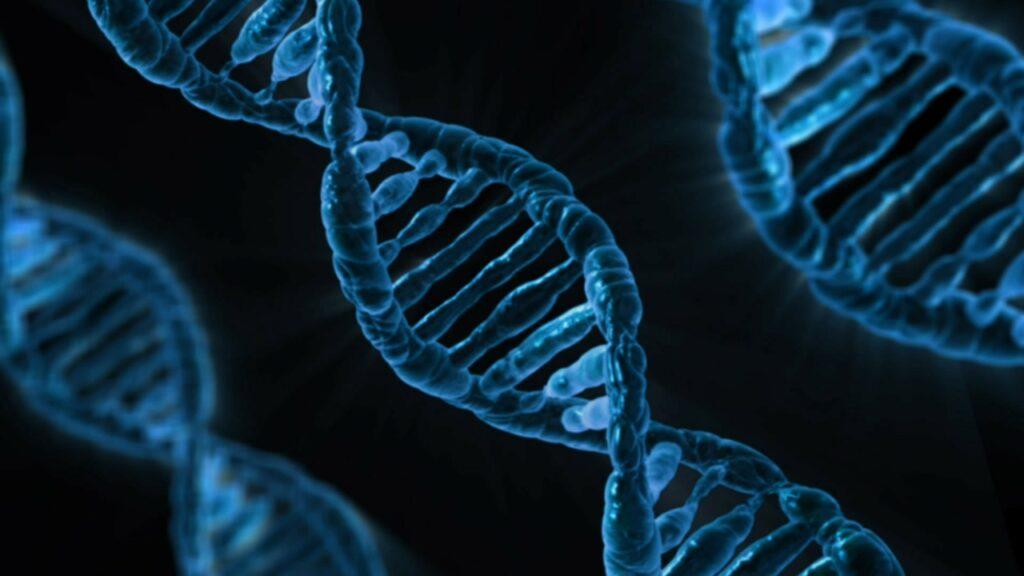Biosensors are mainly optical spectroscopic sensors. This indispensable technology can be used to detect biomolecules such as DNA, proteins or bioparticles such as viruses or bacteria. Consequently, the resulting result is very accurate. Similarly, the term “biosensor” is also used when it is used to measure biological parameters even though they do not contain receptors.

Where are biosensors applied?
Since the methodology has a very high potential and information content, biosensors are used, among others, in health diagnostics, air monitoring, soil monitoring, and food analysis. Based on the unique “fingerprint” of the microorganisms, you can identify and analyse them in a few hours and also compare and evaluate with the help of a database.
Another example is the use for diagnosis of patients in the hospital bed, in the operating room, at the scene of an accident or in the outpatient clinic – with the advantage that the results are available in a very short time.
Currently, devices with test strips, such as those used to determine blood glucose, still have the largest market share. However, this is set to change in the future, with electrochemical biosensors that you can also use for analysis.
Are biosensors suitable for analyzing soil and air?
The biosensors applications from lino Biotech AG is also ideally suited for monitoring the composition of air and soil. As a result, biosensors can make a significant contribution to the detection and elimination of biological hazards. For example those caused by bioterrorism or pandemics. In view of this, security research is also being stepped up in Germany in this direction, since you cannot rule out attacks with biological weapons.
Future applications of biosensors for paralyzed patients
Researchers and scientists also see great potential in using biosensor technology to improve the quality of life of paralyzed people. However, this technology is still in the research stage and has not yet found its way into commercial prostheses due to a lack of biocompatibility and long-term stability. However, new approaches in research proved promising and have already been successfully performed on patients.
Summary
There is a growing global need for safe and easy-to-use analytical methods using biosensors. These include use in devices for blood glucose detection, food analysis, or early detection of biological or chemical terrorist threats. Biosensor technology is also suitable for enabling paralyzed patients to enjoy a better quality of life.
Compared to conventional technology, the use of biosensors is much more accurate and equally cost-effective. Other advantages of the biosensors application lies in the sensitivity. Also in the simplicity of operation as well as application and the procedure is faster and allows online monitoring.
Image credits:
Pixabay
Read more:



